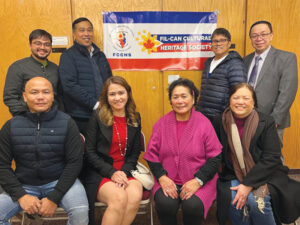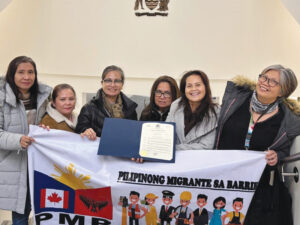President Rodrigo Duterte will spend Holy Week in the Middle East to meet with three country leaders, as well as Filipino communities there.
He is set to go on state visits to Saudi Arabia, Bahrain, and Qatar on April 10-16.
Through these visits, the government aims to push for the protection of the rights and welfare of overseas Filipino workers, invite potential investors to the Philippines, and forge stronger partnerships, Assistant Secretary Hjayceelyn Quintana of the Department of Foreign Affairs’ Office of Middle East and African Affairs, told reporters on Friday.
The President also hopes to “tap into the over $500 billion combined investment capital of Saudi Arabia, Bahrain, and State of Qatar and bring home more investment and jobs for our people,” Quintana said.
She said the President has been planning to visit these countries as early as last year, but government officials came up with the final schedule only recently.
Duterte will first visit Riyadh, Saudi Arabia on April 10, where he will meet with King Salman bin Abdulaziz Al Saud.
He will then fly to Bahrain on April 12 and meet with King Hamad bin Isa Al Khalifa in Manama, the kingdom’s capital.
On April 14-16, the President caps off his visit to the Middle East with a trip to Qatar, where he will meet with Emir Sheikh Tamim bin Hamad Al-Thani in Doha.
Duterte is also set to witness the signing of various agreements on labor, agriculture, air services, culture, health, and political bilateral consultations.
“The President will explore partnerships in tourism development, halal food security, Islamic finance, and energy security,” Quintana said.
The President’s trip to any country won’t be complete without meeting Filipinos working and residing there. There are over 1 million Filipinos in the countries he’s visiting on Holy Week.
Amid cases of abuses against OFWs, Duterte is expected to tackle matters “relevant to the welfare and dignity of the Filipinos,” Quintana said.
It’s still unclear if the President will try to seek the commutation of sentences of Filipinos on death row in the Middle East. Quintana said there are around 31 in Saudi Arabia, and another one in Bahrain.
She refused to comment on the President’s plans, but said the DFA is studying which cases are ripe for clemency or pardon.
Despite economic challenges faced by the three countries because of reduced revenues from low oil prices, the DFA still sees the Middle East as a prime destination for Filipinos seeking to work abroad.
Quintana said Middle Eastern countries are working on lessening their dependence on oil and are exploring other sectors. She said this could benefit OFWs and open opportunities for the Philippine economy.
In 2015, almost half a million Filipinos worked in the Middle East, with remittances of up to $7.54 billion in 2016, government data show.
(I. Andolong, CNN PH)








